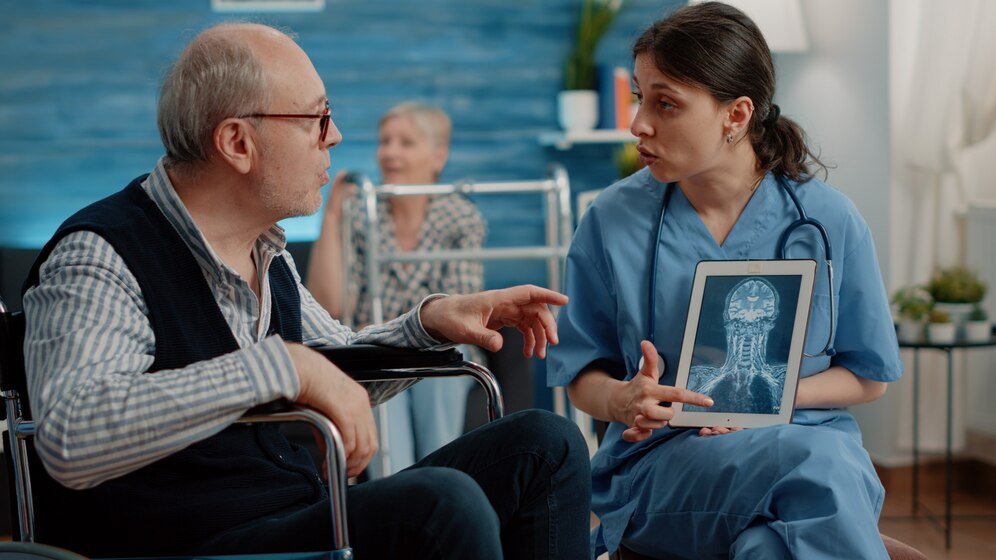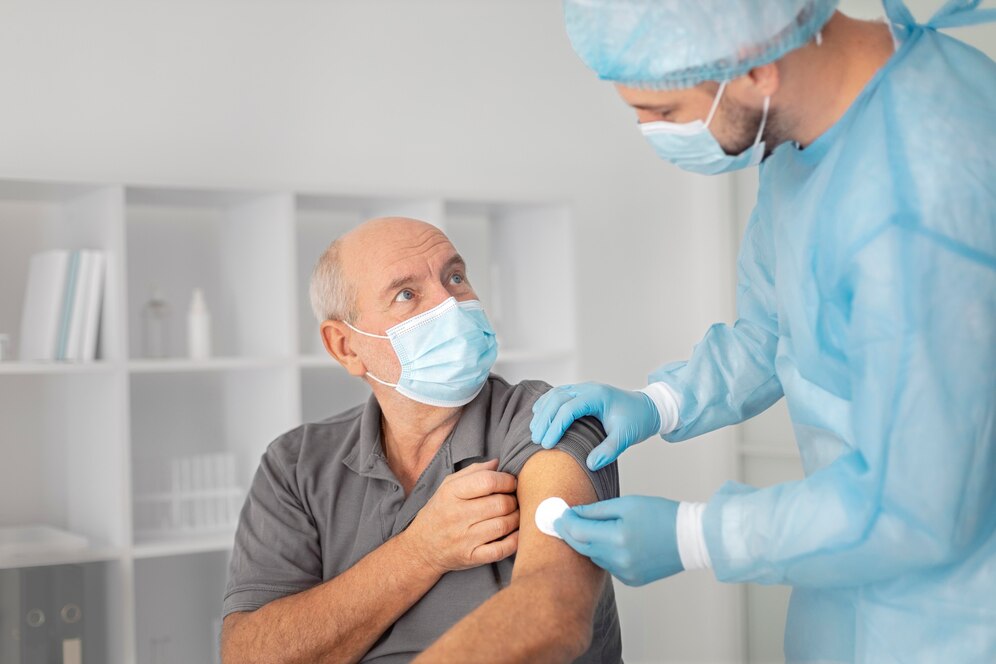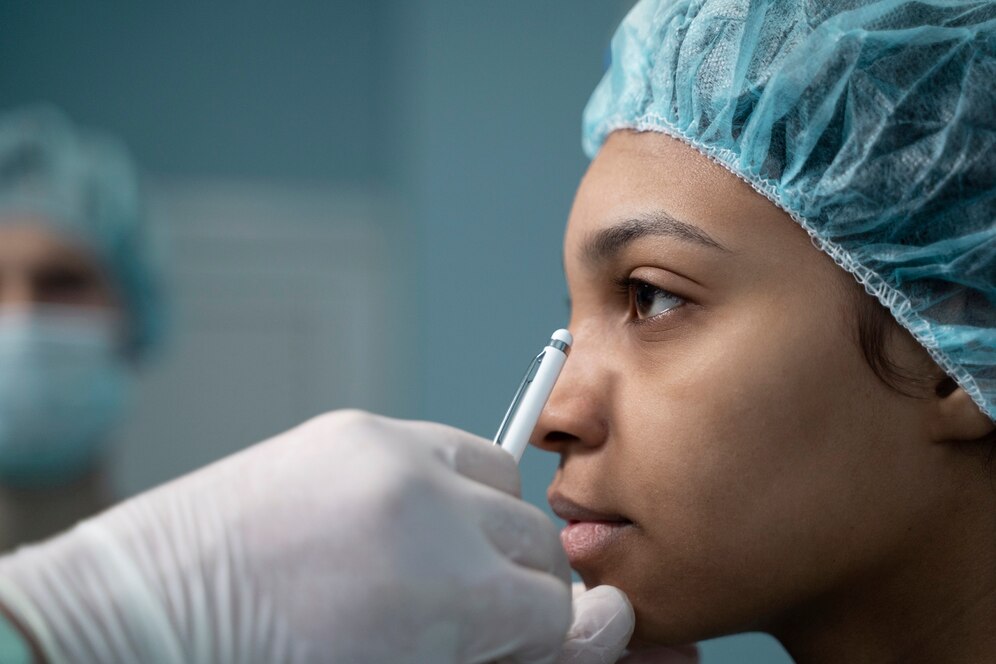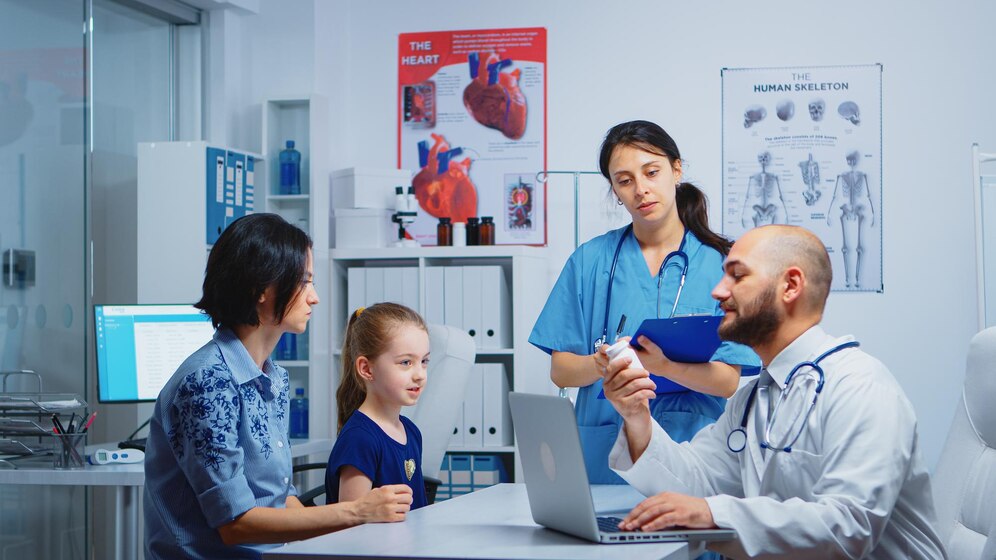Parkinson's Disease
Parkinson's disease is a progressive neurological disorder primarily characterized by diminished dopamine levels in the brain, resulting from the degeneration of dopamine-producing neurons. This condition is commonly associated with aging and leads to distinct motor symptoms, including tremors, muscle rigidity, slowed movements (bradykinesia), and impaired balance and coordination.
Risk Factors
This disorder predominantly affects older adults, with symptoms typically appearing when 60 to 80% of the brain’s dopamine-producing neurons have been impaired. The average age of onset is between 62 and 65 years, with a prevalence of approximately 2-3 cases per 1,000 individuals. Risk escalates significantly after age 70, increasing tenfold and affecting about 0.5-2% of individuals in this age group. Early onset can lead to a more rapid progression and a more severe prognosis.
Prevalence in Turkey
Current estimates suggest that around 100,000 people in Turkey live with Parkinson's disease, although detailed scientific data is lacking.
Preventability
There are no known dietary, lifestyle, or exercise measures that definitively prevent the onset of Parkinson's disease, particularly the idiopathic form, which accounts for the majority of cases.
Diagnosis
Diagnosis of Parkinson's disease is clinical, relying on the identification of key symptoms such as the distinctive 'pill-rolling' tremor of the hands, bradykinesia, lack of coordination, stooped posture, reduced facial expressions, and a shuffling gait. Prompt consultation with a neurologist is recommended upon noticing these symptoms.
Family and Social Support
Managing Parkinson's disease can be likened to managing diabetes. Early and active treatment can help maintain a lifestyle close to normal. Support from family and friends is crucial in helping patients remain socially active, adhere to treatments, and avoid isolation.
Social Impact
As the disease progresses, the resultant bradykinesia may severely restrict a patient's ability to perform daily activities independently, leading to increased emotional distress and a higher risk of depression.
Neurostimulation Treatment
Neurostimulation has proven effective for those who do not adequately respond to medications. This treatment improves quality of life significantly, particularly for patients with severe tremors or those experiencing adverse effects from medications.
Surgical Interventions
Surgery is considered when medications fail to control symptoms adequately. About 10-15% of Parkinson’s patients might be eligible for surgery, especially those with significant tremor or who experience drug intolerance.
Advanced Surgical Techniques
The safest and most effective surgical option involves the micro-electrode recording and stimulation technique, which allows precise targeting of affected brain regions during surgery. Patients remain awake, enabling real-time feedback and adjustment, enhancing outcomes.
Neurostimulation's Role in Enhancing Life Quality
Post-surgery, patients often see dramatic improvements in symptoms, notably in tremor reduction. This technique helps restore significant levels of function and independence, markedly enhancing patients' quality of life.
Conclusion
For many, neurostimulation surgery offers a resurgence of independence and a return to pre-disease functionality, providing a beacon of hope for those suffering from Parkinson's disease.




